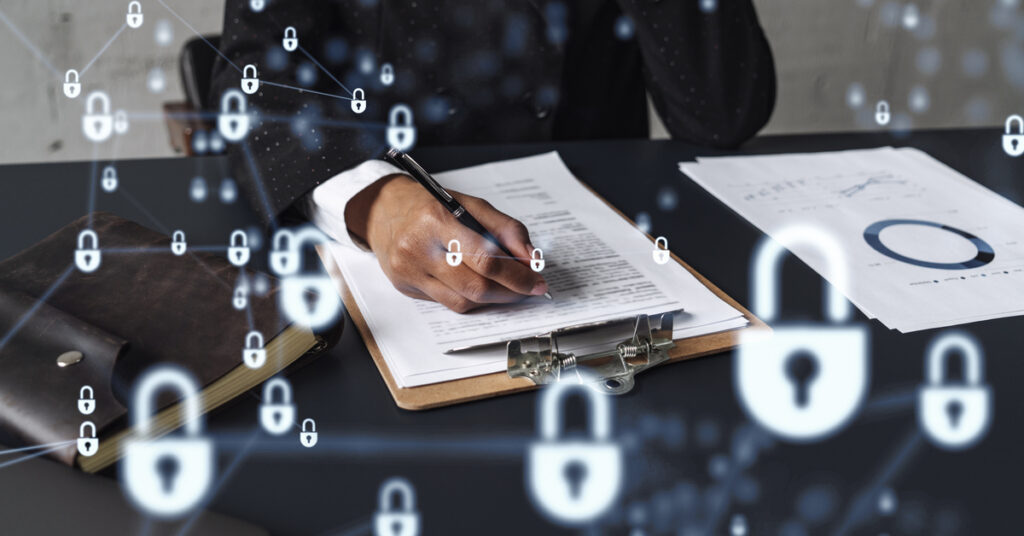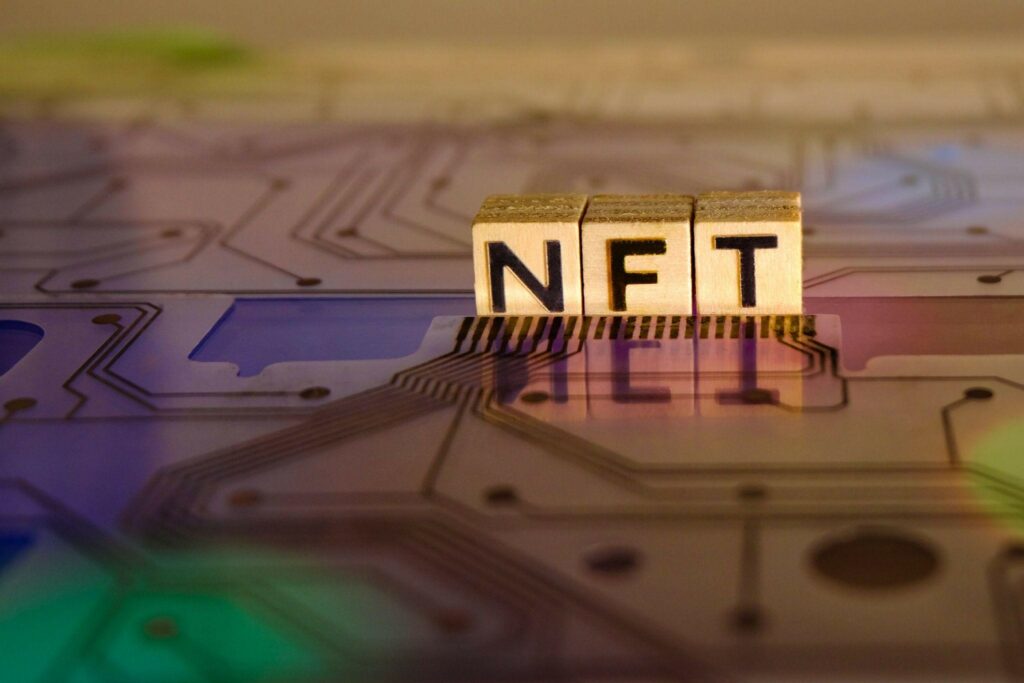A non disclosure agreement in Malaysia is an incredibly important contract, at every stage of business operations. It ensures the confidentiality of your business by protecting confidential and valuable business information you share with others.
Non disclosure agreements aid businesses in maintaining a competitive edge and prevent their former employees, business partners, or rivals from using their confidential information. They are beneficial in various transactions, including onboarding new employees, consulting engagement, and submitting proposals.
What Is a Non Disclosure Agreement in Malaysia?
A non disclosure agreement is also known as an NDA or a confidentiality agreement. Essentially, it is a written contract between two or more parties (people or organisations) to promise the secrecy of specified confidential information. The NDA can also be in the form of a confidentiality clause or as a component of another contract, such as a service contract.
Once signed, the NDA serves as a binding contract for both parties. It effectively protects and prohibits any confidential information the agreement covers from being disclosed or shared with others without authorisation. This entails any means of communication, such as written, oral, electronic, or mechanical.
Some industries require NDA more frequently than others, and you can enter into an NDA when confidential information is at issue. Let us take a scenario of two friends starting up a business together. In this example, they need each other’s help and expertise in running their company.
Undoubtedly, they would want those discussions protected by an NDA so no one else could steal their ideas. The agreement would also be useful if they decided not to go through with their venture together or if someone later decided to take advantage of what was discussed during those discussions.
The NDA’s goal is to keep trade secrets or proprietary information from becoming known to any other person, entity, or the general public. This includes business strategies, trade secrets, unpatented innovations, marketing strategies, product designs and formulas, client lists, pricing structures, plans for development, and other valuable data.
NDA helps ensure your trade secrets or proprietary information remain confidential by outlining acceptable terms regarding how recipients must deal with the material. For instance, where they store the material and whether they can share it with others who may have access to their systems (such as IT support staff).
It will also specify what would happen if someone violated these rules (typically fines or even legal action against parties involved in the breach). Thus, all parties know the consequences if a party discloses something without permission from the other party involved in the agreement.
Read More: Running a Business: 7 Common Types of Contracts in Malaysia
The Types of Non Disclosure Agreements

1. Unilateral NDAs
A unilateral NDA allows the party who shares its confidential information (Disclosing Party) to restrict or limit how the other party uses and disseminates the information.
Unilateral NDAs are common in cases where a company is disclosing its business information to employees, clients, investors, advisors, stakeholders, and partners. This is to safeguard confidential information and explain how the recipient (Receiving Party) should handle said information.
2. Mutual NDAs
Also referred to as bilateral or two-way NDAs, mutual NDAs are agreements between parties involved in a joint endeavour that comprises sharing confidential information. Unlike unilateral NDAs, mutual NDAs enable all parties involved to set restrictions on how the other will share and use their confidential information.
Mutual NDAs are extremely common in mergers and acquisitions, corporate takeovers, and deal-making. This is mostly due to the exchange of tremendous proprietary or confidential business information between parties.
Key Components of a Non Disclosure Agreement in Malaysia
Parties to the Agreement
-
- Identify and describe all parties to the agreement in detail. With the exception of mutual NDAs, the parties are usually referred to as the “Disclosing Party” and “Receiving Party”.
Definition of Confidential Information
-
- Define “confidential information”. When doing so, it is best to be as specific as possible when describing the scope of such information. In mutual NDAs, the owner of the information should be stated explicitly.
Obligations on Confidential Information (and Their Exclusions)
-
- To precisely outline the information intended to be kept private, how long it should be kept private, as well as when and how the other party may utilise such information. The agreement must also include information that is exempt from the duties of confidentiality.
Effective Date and Duration of the Agreement
-
- The NDA should include a set timeframe or duration of the agreement. It is important to note that some NDAs obligate a party to secrecy for a predetermined amount of time, while others remove the signer’s ability to ever disclose the agreement’s confidential information to anybody.
Read More: 12 Frequently Asked Questions (FAQs) About Contracts in Malaysia
What Should You Do If Your NDA Has Been Breached?
It is critical to take swift action as soon as you learn or suspect that confidential information covered by an NDA has been made public. This is essential in order to acquire reliable proof of how the information was leaked and who is responsible.
The Disclosing Party may suffer irreparable harm, injury, loss, and damage from the breach. In some instances, the extent of the damage may be hard to determine and cannot be fully recuperated with monetary damages. Thus, the first step is to employ a lawyer. With the help of a professional legal counsel, the Disclosing Party can seek injunctive or other equitable remedies against the Receiving Party as stated by the law.
The Bottom Line
In Malaysia, a non disclosure agreement is an extremely important legal structure as it protects confidential information and restricts its disclosure to competitors or the general public.
When it comes to trade secrets, there is a lot at stake. Hence, it is important to treat NDAs carefully to ensure any breach or violation can be upheld in court. To safeguard your business, consider engaging an experienced corporate & commercial lawyer.







